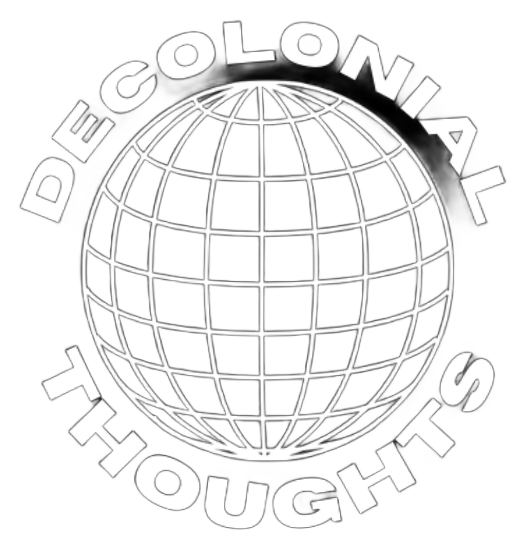
I recently watched a video in which Professor Danieli Balbi (currently serving as a state deputy) recounts her experience teaching her first class in higher education – she was the first black transgender professor in the history of UFRJ. Considering her identity(ies) and all the socio-cultural implications, both external and internal to the university, that persist in limiting people like her to spaces of inequality and exclusion, Professor Danieli was OCCUPYING the university and making it a possible place for others like her, and for us.
The exercise of overcoming relations of power and coloniality in the university undoubtedly requires occupation—occupying these spaces to transform them. By “occupy,” I mean not only reclaiming what has been denied to us but also asserting our existence. It serves as both a strategic means of appropriation and a powerful demonstration of our existence, countering the colonial narrative that denies us as knowledgeable beings capable of contributing.
If it is in academia that knowledge is (also) produced, it is there that we must act as people connected to a decolonial project. This project aims to bring the academy closer to us, to our epistemologies and knowledge, and our quest for emancipation. It is important to emphasize that this is what I want to establish at the beginning of this text: occupying is an exercise of necessary resistance for all of us. However, I also propose that we reflect on the need to ‘unoccupy’ to decolonize the university.
When we say that coloniality manifests itself in the academic environment through the over-valuation of the tradition of Eurocentric thought, it is vital to recognize that this influence extends not solely to epistemology, knowledge, and theories, but also permeates teaching methodologies and the dynamics of the teacher-student relationship. Beyond a matter of knowledge and understanding, coloniality also determines postures, behaviors, and perspectives manifesting as the subordination of students to an all-knowing, decision-making, and representative master-teacher.
What good does it do to talk about occupation by the oppressed if the places of power are not unoccupied by those who oppress? Decolonizing the university implies dismantling superior positions marked by relations of power built from the perspective of hierarchical formation that underpins Western universities.
Decolonizing the university entails the thorough deconstruction of the prevailing hegemony of the world’s centre that governs our teaching, learning, and research methods. The decolonial endeavour within the university is intricately tied to fostering dialogical relationships characterized by equality in the classroom, actively listening to students, acknowledging popular understandings, and embracing subjectivity as both an element and a path to knowledge.
I emphasize that I am not proposing the replacement of one hegemony with another, but the unoccupancy of places of power and the occupation of spaces of dialogue, equality, and liberation. What coloniality teaches us is that pluriversality is and should be our great proposal. Multiple subjects can exist in their differences, guided by a project of emancipation that is common to all in our (neo)colonized contexts.
Here, of course, lies one of our great challenges: What does it mean for those who are privileged to unoccupy their positions of control and domination? If there is no recognition of coloniality as a problem, there will be no intention to overcome it. This constitutes our great paradigm. I understand, after all, that unoccupancy will only occur with occupation. In the journey of decolonizing the university, we will face the arduous task of challenging the implications associated with the subordination of who we are. Despite being aware of the difficulties of existing and resisting on this path, I always remember that hope, for us, must be understood as a verb, to hope (esperançar), not a noun, as Freire’s wisdom teaches us.
Author’s bio
Arthur Cardoso de Andrade is a Master’s Student at the Postgraduate Program in Education at the Federal University of Campina Grande, Brazil. He holds a Bachelor’s Degree in Philosophy from the same university. Since his undergraduate degree, he has dedicated his time in academia to research decolonial theory in Latin America and its connection to education and pedagogy. Nowadays, his Master’s research thesis addresses the relation between decoloniality and educational research.
